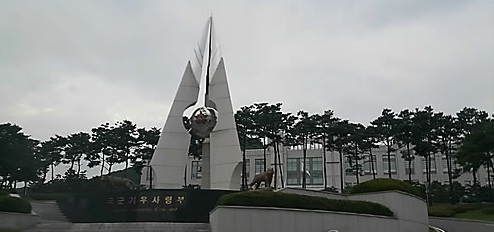Military asked to stop inspections of soldiers' smartphones without consent
By KH디지털2Published : March 22, 2017 - 10:50
The South Korean military's practice of inspecting individual soldiers' smartphone content without consent can violate their constitutional rights to privacy and freedom, the nation's rights watchdog said Wednesday.
The National Human Rights Commission said it has asked the Defense Security Command to revise its method of investigations into service members under security inspections and their smartphones to better protect their human rights.

The recommendation came after an Air Force officer and the wife of another Air Force officer filed complaints with the commission, insisting that DSC investigators violated their human rights by looking into their chat room conversations and photos stored on the Kakao Talk messenger service without their consent.
According to commission officials, a DSC official asked an Air Force officer to unlock his smartphone and examined his Kakao Talk conversations and photos for about 10 minutes during a security inspection in July last year.
Another Air Force officer also complained that one of his superior officers watched a photo of his wife's breastfeeding stored on his smartphone ahead of the DSC's inspection.
Responding to the complaints, the DSC said, "Its investigators viewed the smartphone photos without zooming in in order not to violate their privacy. Only the photos believed to contain documents were enlarged, though all of the enlarged photos may not be documents."
The Air Force also noted that all smartphone users in active duty have signed a written pledge to cooperate in security inspections.
But the human rights commission ruled that the privacy of soldiers should not be violated without reasonable legal grounds.
"The signing of a written security pledge cannot be interpreted as an intent to agree to make public their private matters," the commission said. (Yonhap)


![[Exclusive] Korean military set to ban iPhones over 'security' concerns](http://res.heraldm.com/phpwas/restmb_idxmake.php?idx=644&simg=/content/image/2024/04/23/20240423050599_0.jpg&u=20240423183955)

![[Graphic News] 77% of young Koreans still financially dependent](http://res.heraldm.com/phpwas/restmb_idxmake.php?idx=644&simg=/content/image/2024/04/22/20240422050762_0.gif&u=)



![[Pressure points] Leggings in public: Fashion statement or social faux pas?](http://res.heraldm.com/phpwas/restmb_idxmake.php?idx=644&simg=/content/image/2024/04/23/20240423050669_0.jpg&u=)









